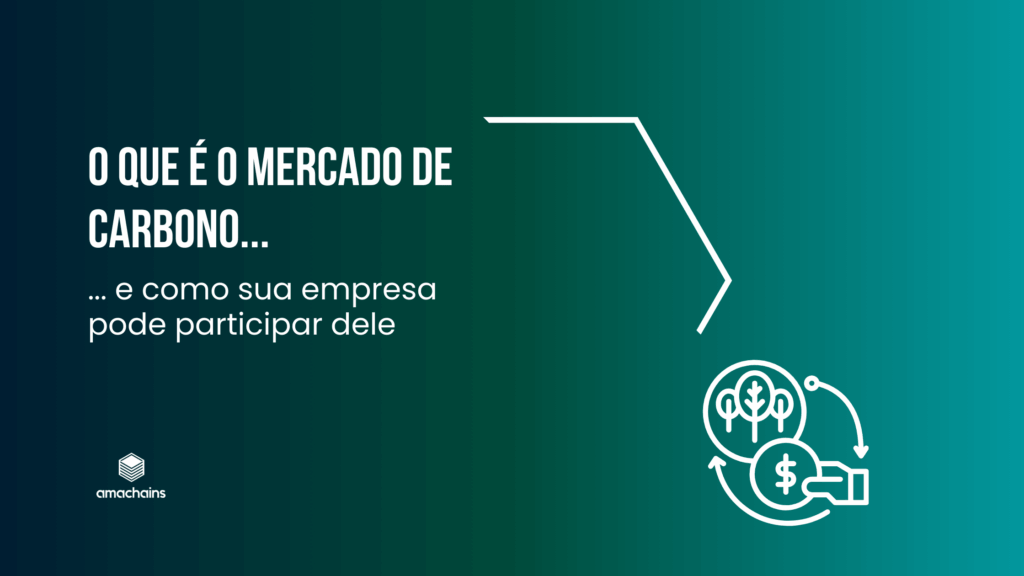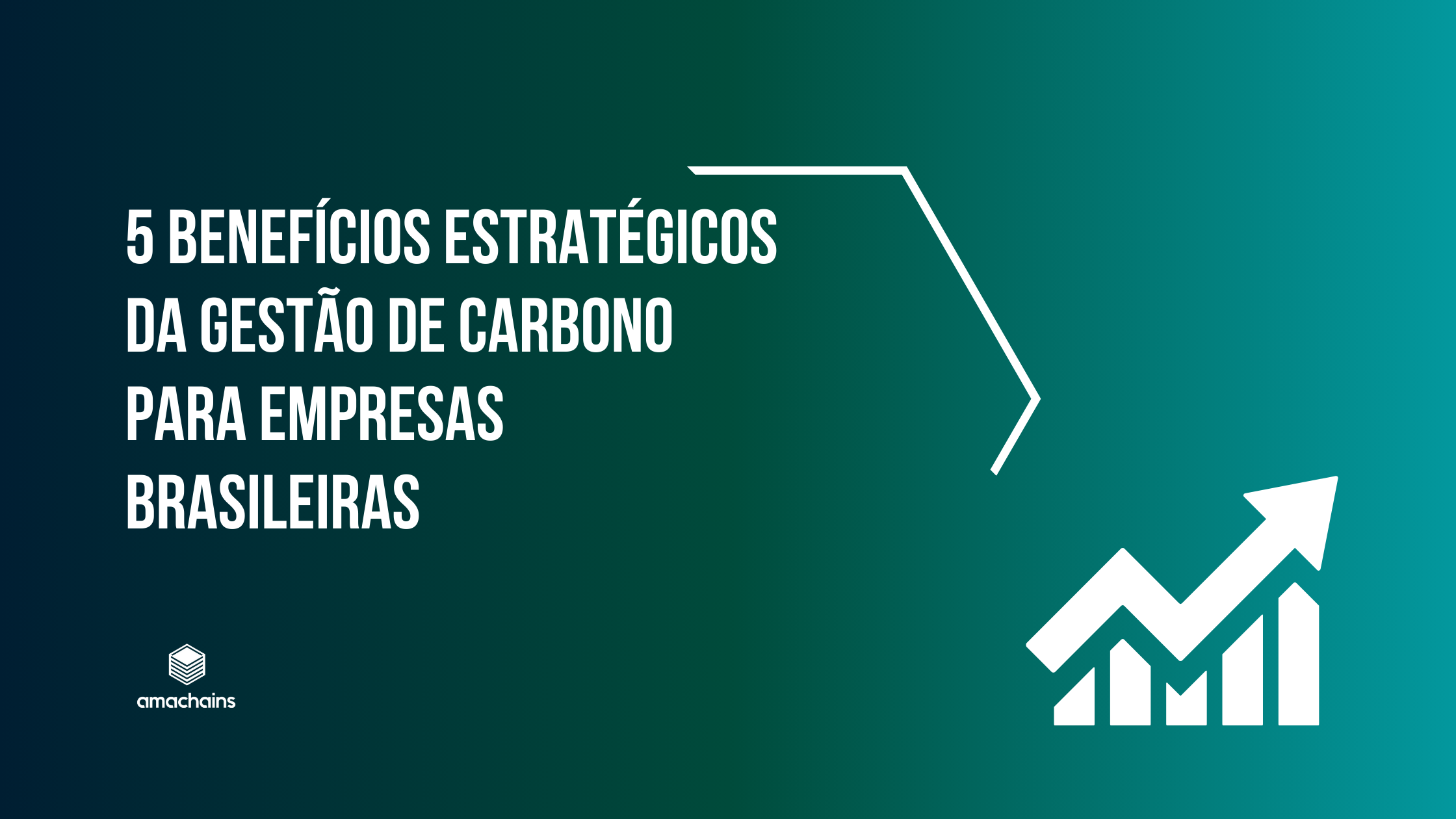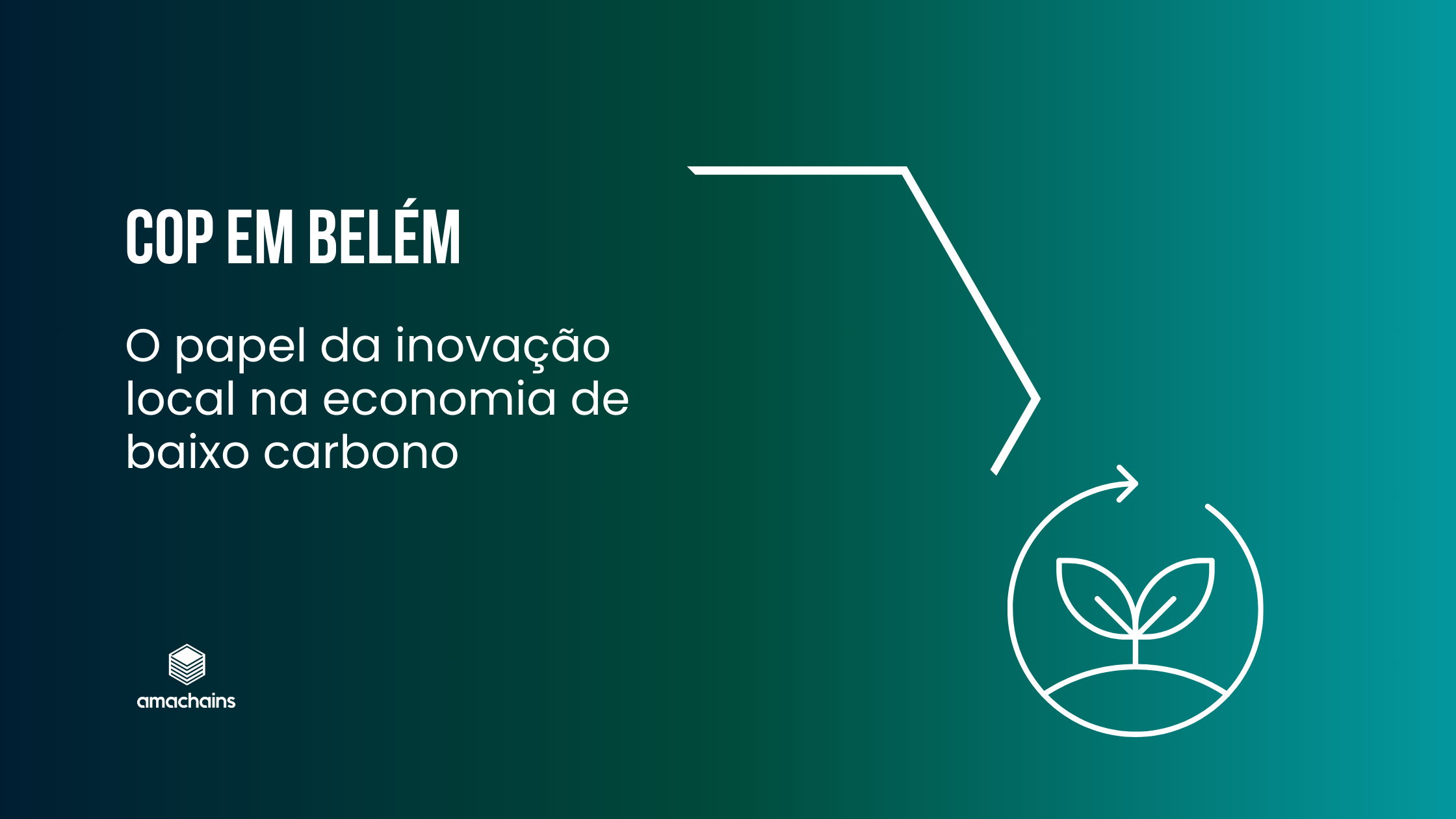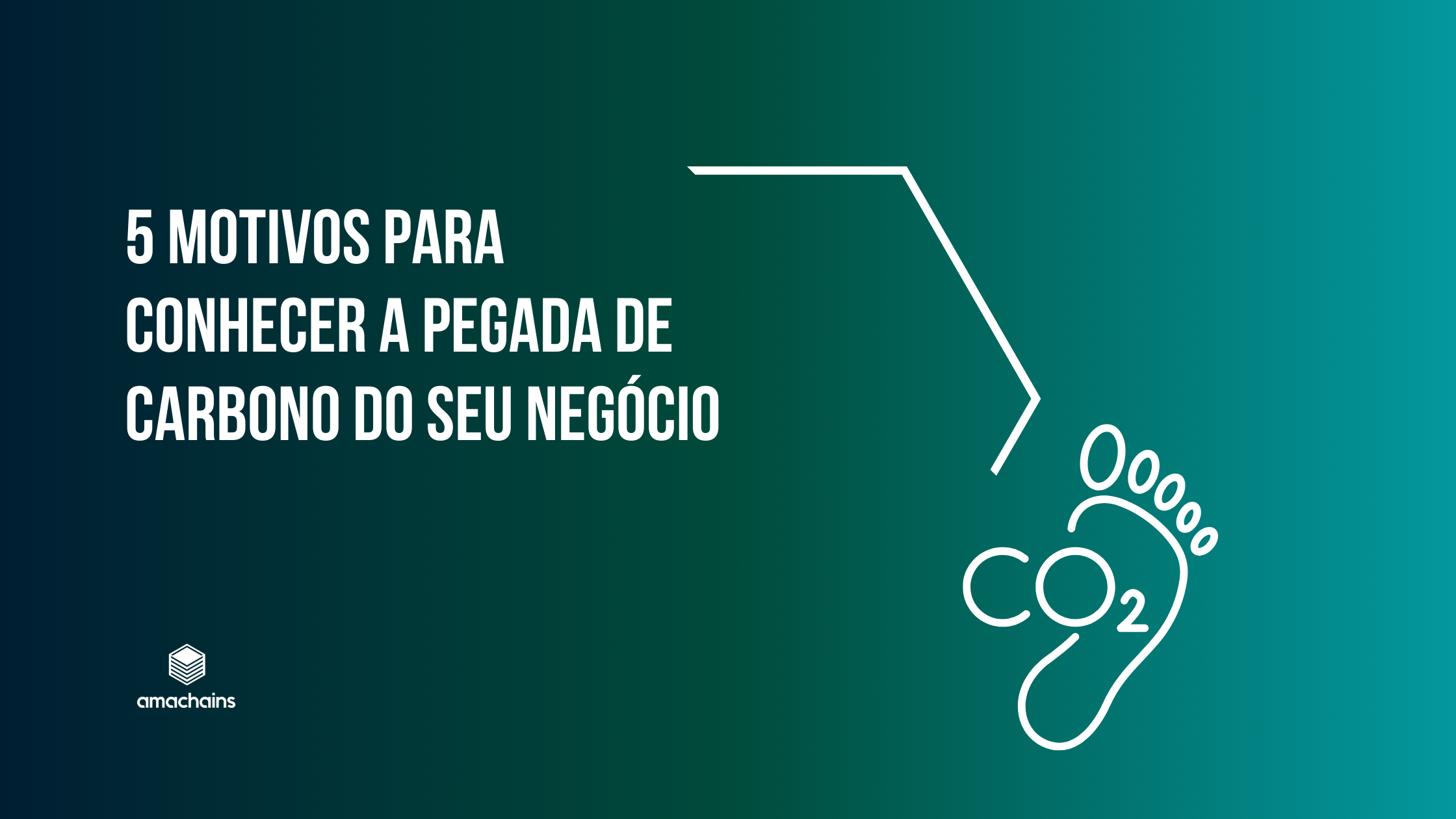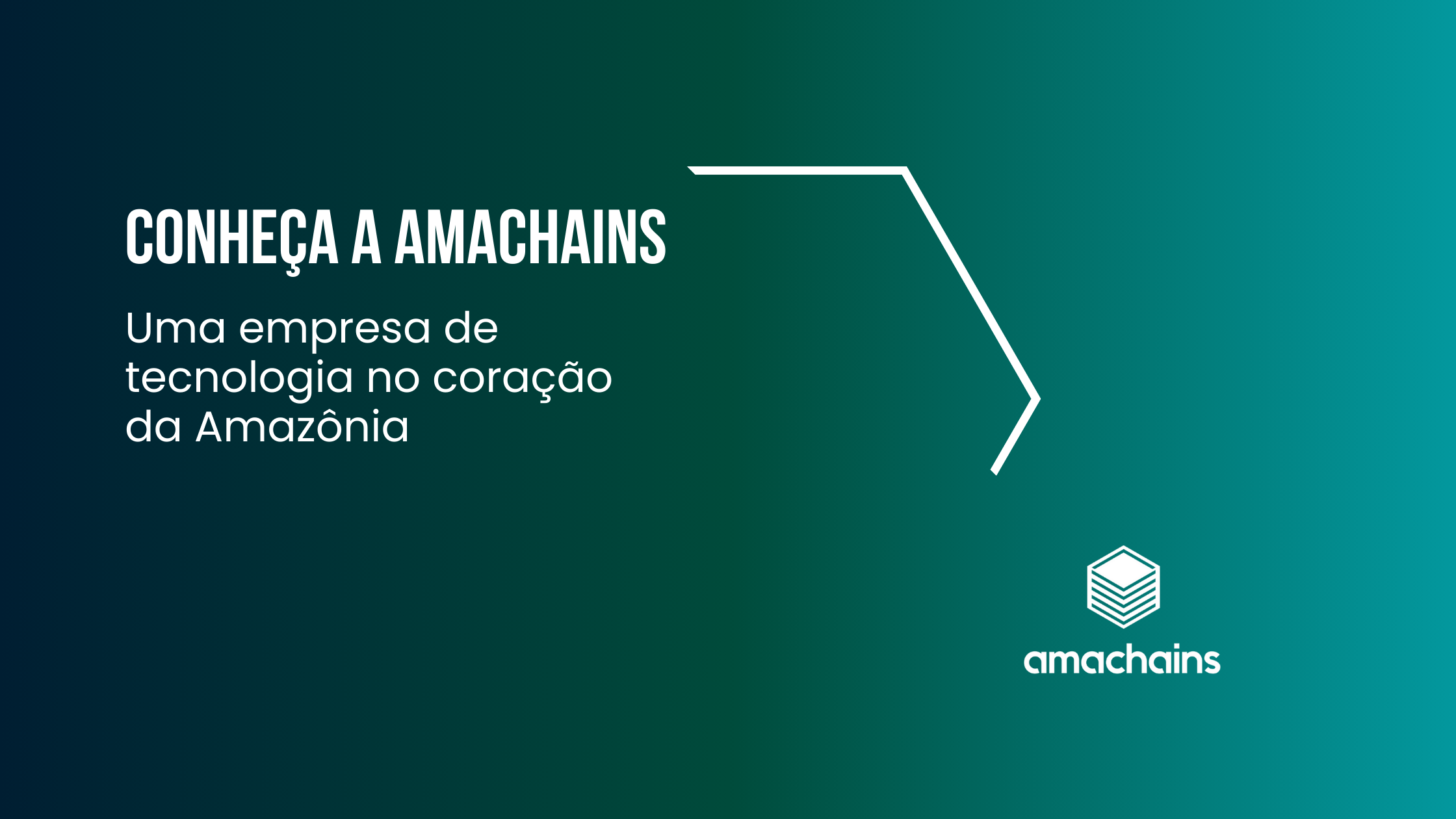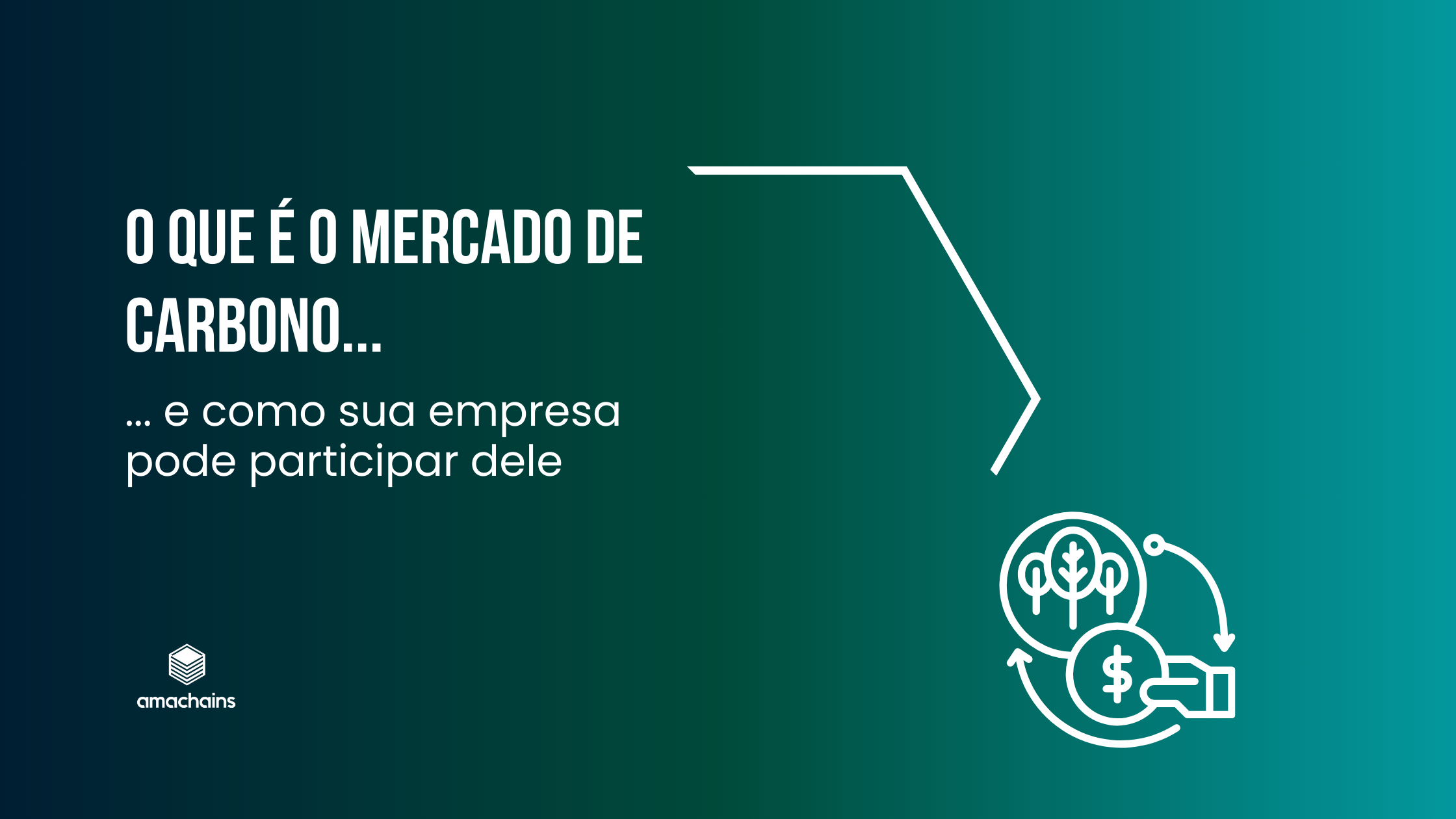Combating climate change is one of the biggest global challenges today. In this scenario, the carbon market emerges as one of the main strategies to accelerate the decarbonization of the economy. Although it is still a relatively new topic in Brazil, it represents a great opportunity for companies that want to align their business models with 21st century environmental commitments.
THE carbon market is a system that allows the trading of permits or credits related to emissions of greenhouse gases (GHG). It works on the principle that polluting has a cost, and that this cost can be managed and offset through the purchase and sale of carbon credits. The logic is simple: those who emit less than they are entitled to can sell this surplus; those who exceed their limit can buy credits to offset their emissions.
This system turns carbon into a commodity, creating an economic incentive to reduce emissions. In practice, it drives innovation, efficiency and investment in sustainable solutions.
There are two main types of carbon markets: the regulated market and the voluntary market. Understanding this distinction is essential for companies to define their operating strategies.
Regulated or voluntary market
THE regulated market is one established by public policies and laws, generally adopted by countries or economic blocs. In it, governments establish an emissions limit for specific sectors of the economy. Companies that exceed this limit must acquire carbon credits of those who emitted less. This model is used, for example, in the European Union's Emissions Trading System (EU ETS) and in state programs in the United States.
Already the voluntary market is one in which companies and organizations decide, on their own initiative, to offset their emissions. In these cases, credits are generated by certified projects that prevent, reduce or remove GHG emissions from the atmosphere. These projects may involve reforestation, clean energy generation, regenerative agriculture, among others. Companies that participate in the voluntary market generally do so due to socio-environmental responsibility, brand reputation or commitment to ESG goals.
READ MORE: Regulated market and voluntary market: understand the difference.
In Brazil, the voluntary market has already made significant progress, especially through projects in the Amazon and other biomes. With the advancement of the new legal framework for the carbon market, the country is preparing to also establish a regulated system, which should further expand the possibilities for companies that wish to participate in a structured manner.
But after all, how can your company fit into this scenario?
How your company can participate
The first step is to know and understand your carbon footprint. This means accurately measuring greenhouse gas emissions generated directly or indirectly by your activities. This process requires methodology, reliable data and, preferably, the use of technologies that guarantee the traceability and transparency of information.
Based on this data, the company can define strategies decarbonization, such as efficiency improvements, energy transition and process changes. It is then possible to offset part of the emissions through the acquisition of carbon credits. This is where the company's actions in the carbon market come to fruition: by purchasing credits from certified projects, the company contributes to sustainable initiatives and positions itself as an agent of the ecological transition.
For this process to be effective, it is essential to have tools that provide support from the measurement to management and reporting of emissions. Solutions like Amachains Carbon offer exactly that framework. Through technologies like blockchain and artificial intelligence, Amachains’ platform enables companies to track, audit, and plan their carbon journey securely and reliably.
Participation in the carbon market goes beyond compliance with legal requirements. It represents a new way of doing business, in which sustainability, innovation and competitiveness go hand in hand. Companies that understand this movement and anticipate changes not only avoid risks, but also expand their opportunities.
Furthermore, by positioning yourself in this market, your company strengthens its reputation, attracts investors committed to ESG criteria and connects with consumers who value brands committed to the future of the planet. This is a strategy that combines environmental responsibility and business intelligence.
Brazil, with its natural wealth and biodiversity, has everything to be protagonist in this new scenario. Well-structured carbon projects with positive social and environmental impacts are already paving the way for value generation while keeping forests standing. And companies that join this movement not only contribute to global climate change, but also position themselves at the forefront of a fairer and more sustainable economy.
The time is now. With information, technology and commitment, your company can lead the transformation.
